In largest protest over a month, Sri Lankans want president removed
Tens of thousands of demonstrators in Sri Lanka have held the biggest protest since the outset of anti-government rallies last month, demanding resignation of beleaguered President Gotabaya Rajapaksa over persisting economic woes and a political crisis.
Angry protesters on Saturday poured onto capital Colombo’s seafront promenade and laid siege to the colonial-era Presidential Secretariat, shouting “Go home Gota” while waving the national lion flag.
Other crowds of demonstrators were carrying handwritten placards that read “It’s time for you to leave” and “enough is enough.”
The entrance to the president’s office had been blocked by barricades with riot police in full gear were holding positions inside the firmly guarded compound.
“These are innocent people here. We are all struggling to live. The government must go and allow a capable person to lead the country,” one protester told the crowd.
Rajapaksa dissolved his cabinet last week in the hope to form a unity government calling on all political parties representing the parliament to take part in forming a unity government to handle the nationwide crisis.
However, opposition groups rejected the offer demanding the ruling party step down.
Sri Lanka’s main economic problem is that its foreign currency reserves have virtually run dry, meaning that the government cannot afford to pay for imports of staple foods and fuel. This has led to current acute shortages and very high prices, triggering waves of protests since last month.
Colombo blames the COVID-19 pandemic, which has already destroyed the island country’s tourist trade - one of its foreign currency earners.
Pressure on Rajapaksa intensified further on Saturday as Sri Lanka’s powerful business community also began withdrawing support for him.
“The current political and economic impasse simply cannot continue any further, we need a cabinet and interim government within a week at most,” said Rohan Masakorala, head of Sri Lanka Association of Manufacturers and Exporters of Rubber products.
The country is is preparing for bailout negotiations with the International Monetary Fund next week, with finance ministry officials saying that sovereign bond-holders and other creditors may have to take a haircut.
Critics say the roots of the crisis, the worst in several decades, lie in economic mismanagement by successive governments that amassed huge budget shortfalls and a current account deficit.
The crisis was deepened by severe tax cuts Rajapaksa promised during the 2019 election campaign and enacted months before the COVID-19 pandemic, which wiped out parts of Sri Lanka's economy.
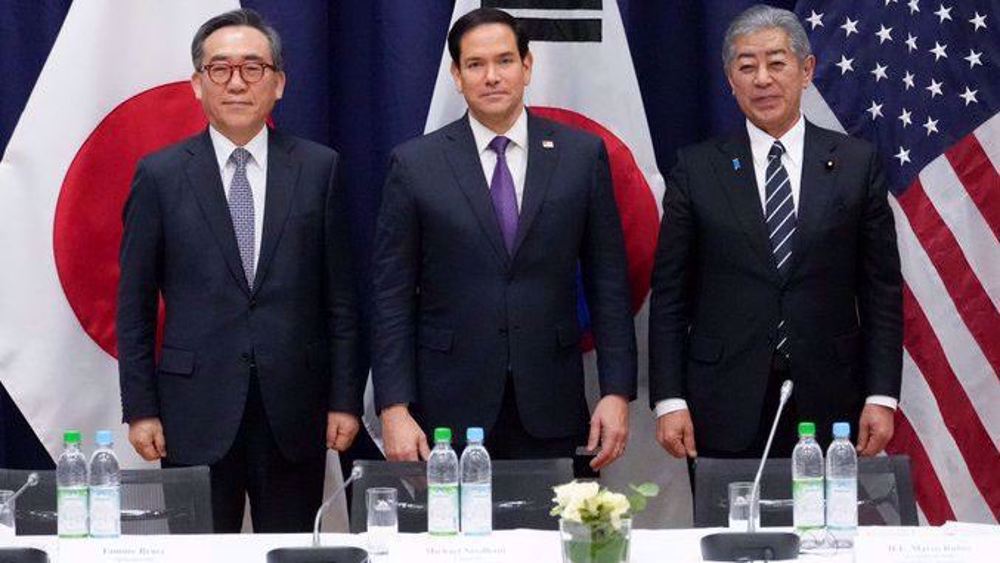
US, Japan, S Korea renew calls for ‘complete denuclearisation’ of North Korea
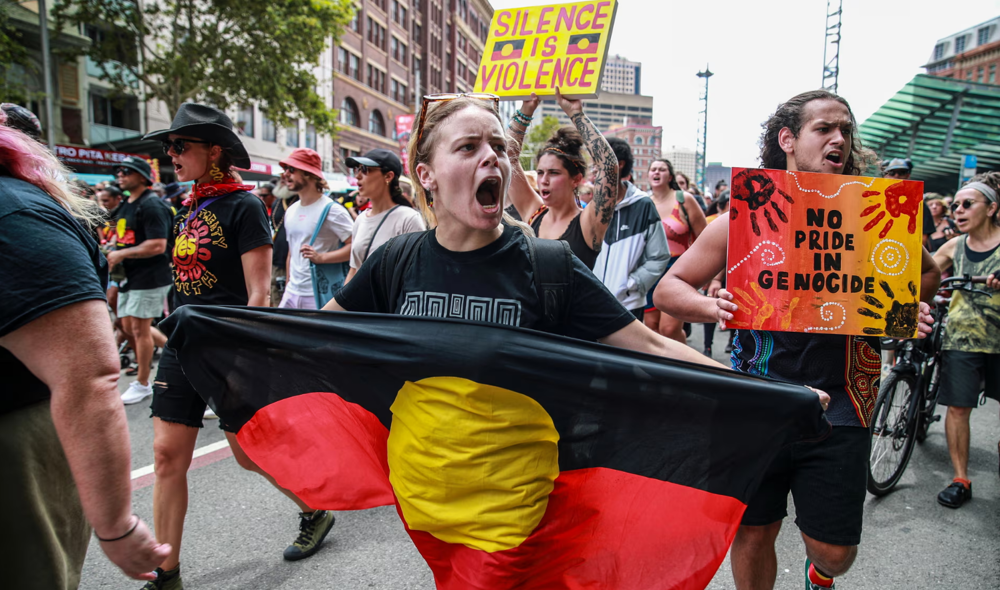
Indigenous rights activists rally on Australia Day to protest British colonization legacy
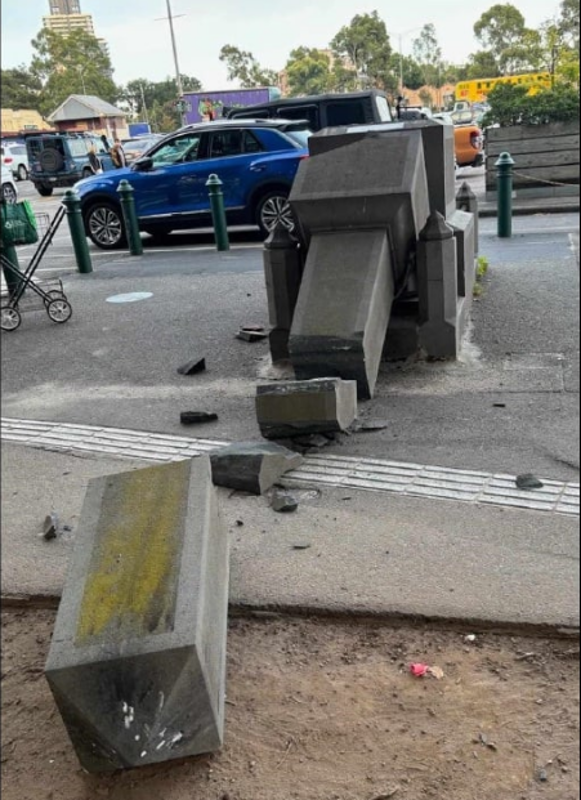
Colonialist’s monument toppled in Melbourne ahead of Australia Day
Iranian flotilla makes port call in India with 'friendship message'
How UK counter-terror police colluded with Zionists to detain me after Beirut trip
Biden, Blinken, Austin referred to ICC over Gaza war crimes
EU will 'do the same' if US implements tariff hikes: France
VIDEO | Press TV's news headlines
British celebrities condemn BBC removal of Gaza documentary
Iran Army acquires tactical vehicles, audio surveillance systems
VIDEO | UK police detain anti-Zionist scholar upon return from Lebanon


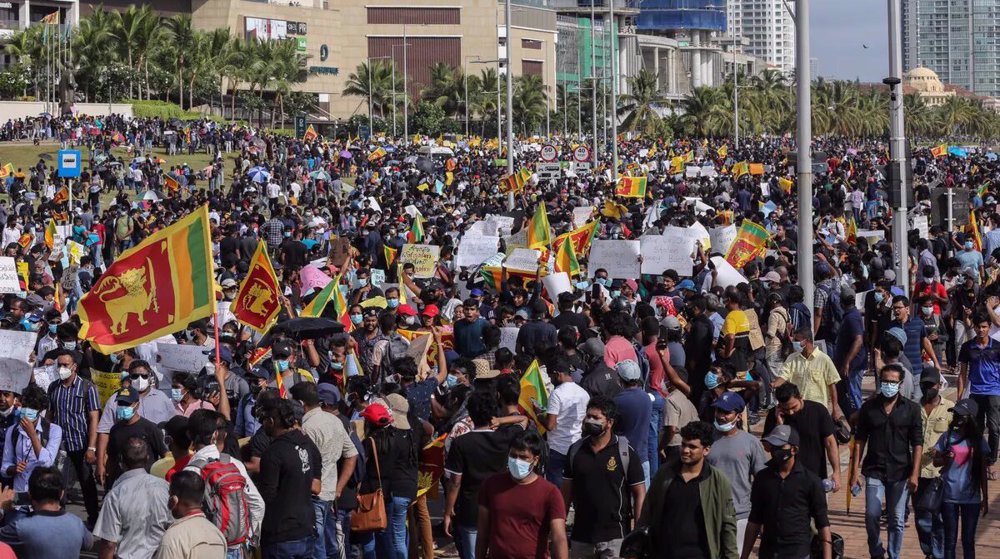
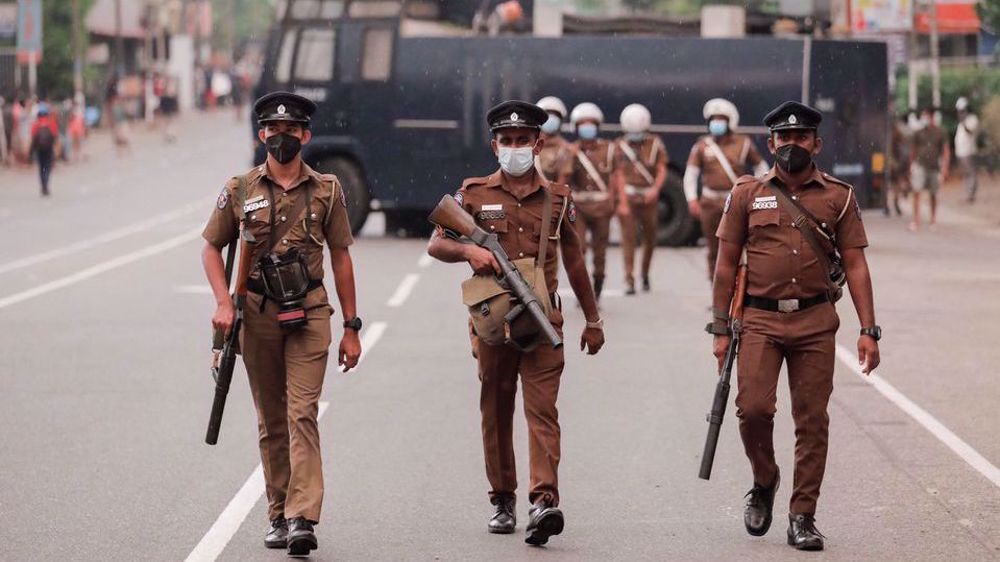
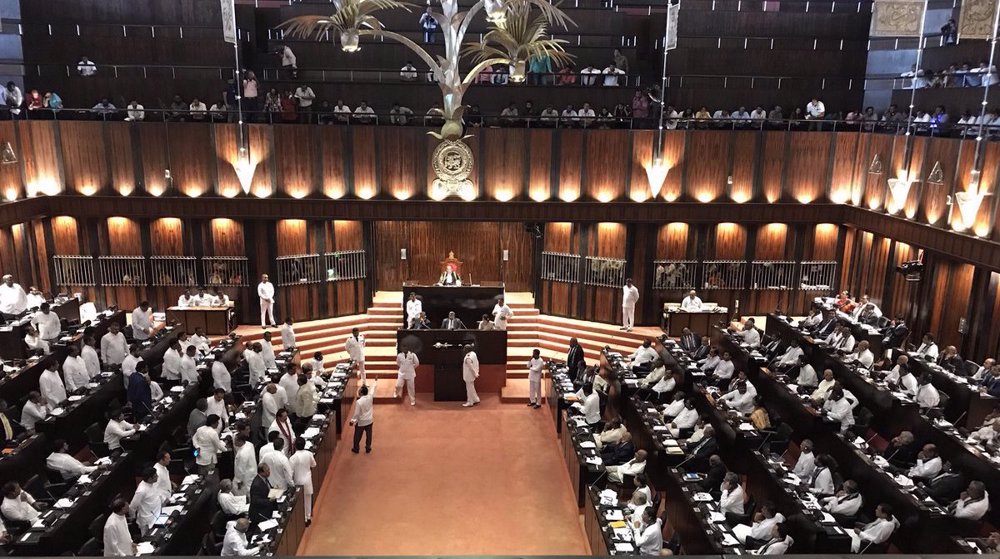




 This makes it easy to access the Press TV website
This makes it easy to access the Press TV website